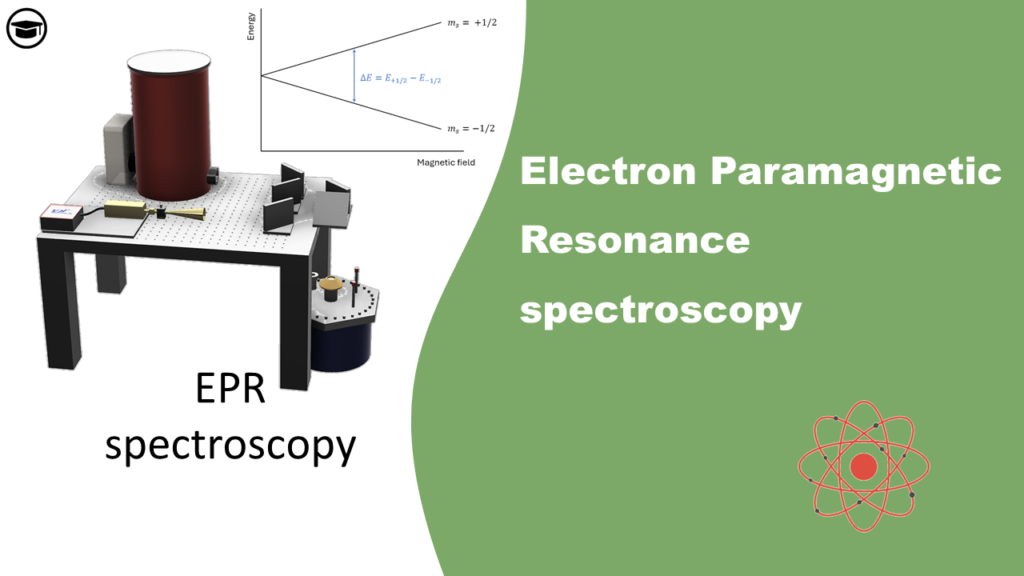 Daily tech news
Daily tech news
- Scientists confirm one-dimensional electron behavior in phosphorus chainsFor the first time, researchers have shown that self-assembled phosphorus chains can host genuinely one-dimensional electron behavior. Using advanced imaging and spectroscopy techniques, they separated the signals from chains aligned in different directions to reveal their true nature. The findings suggest that squeezing the chains closer together could trigger a dramatic shift from semiconductor to […]
- A tiny light trap could unlock million qubit quantum computersA new light-based breakthrough could help quantum computers finally scale up. Stanford researchers created miniature optical cavities that efficiently collect light from individual atoms, allowing many qubits to be read at once. The team has already demonstrated working arrays with dozens and even hundreds of cavities. The approach could eventually support massive quantum networks with […]
- A strange in-between state of matter is finally observedWhen materials become just one atom thick, melting no longer follows the familiar rules. Instead of jumping straight from solid to liquid, an unusual in-between state emerges, where atomic positions loosen like a liquid but still keep some solid-like order. Scientists at the University of Vienna have now captured this elusive “hexatic” phase in real […]
- New catalyst makes plastic upcycling 10x more efficient than platinumScientists are finding new ways to replace expensive, scarce platinum catalysts with something far more abundant: tungsten carbide. By carefully controlling how tungsten carbide’s atoms are arranged at extremely high temperatures, researchers discovered a specific form that can rival platinum in key chemical reactions, including turning carbon dioxide into useful fuels and chemicals. Even more […]
- Engineers just created a “phonon laser” that could shrink your next smartphoneEngineers have created a device that generates incredibly tiny, earthquake-like vibrations on a microchip—and it could transform future electronics. Using a new kind of “phonon laser,” the team can produce ultra-fast surface waves that already play a hidden role in smartphones, GPS systems, and wireless tech. Unlike today’s bulky setups, this single-chip device could deliver […]
- An old jeweler’s trick could change nuclear timekeepingA team of physicists has discovered a surprisingly simple way to build nuclear clocks using tiny amounts of rare thorium. By electroplating thorium onto steel, they achieved the same results as years of work with delicate crystals — but far more efficiently. These clocks could be vastly more precise than current atomic clocks and work […]
Category
The Physics and Technology of Intrinsic Semiconductors
Semiconductors are materials with electrical properties between metals and insulators, governed by their band structure. The valence and conduction bands define electron movement, with a...
Majoranas: The Next Step in Quantum Computing
Microsoft’s Azure Quantum team is developing quantum chips using topological qubits, leveraging Majorana zero modes for stability. Their research on superconducting nanowires could accelerate quantum...
Beyond Conductivity: Advanced Metal Science
Explore the advanced physics of metals beyond conductivity. Learn about superconductivity, AC conductivity, and electromagnetic interactions....
The Physics and Technology of Metals
Understanding the conductivity of metals involves exploring their high electron mobility, Ohm’s law, and quantum mechanical models like Drude and Sommerfeld. This article discusses how...
Antiferromagnetic Spin Configuration – Hematite
Explore the fascinating world of antiferromagnetic resonance, where materials like hematite and Yttrium Orthoferrite reveal the hidden dynamics of opposing magnetic moments. Dive into the...
Electron Paramagnetic Resonance spectroscopy
Electron paramagnetic resonance (EPR) spectroscopy, also called electron spin resonance (ESR), is a technique for studying materials with unpaired electrons, such as organic and inorganic...







